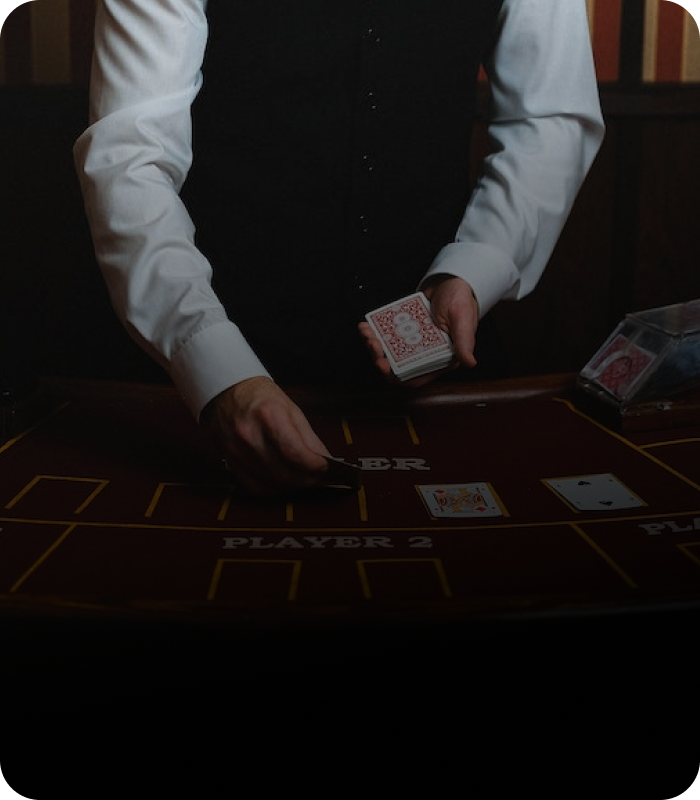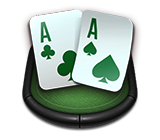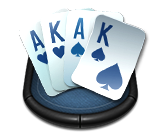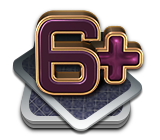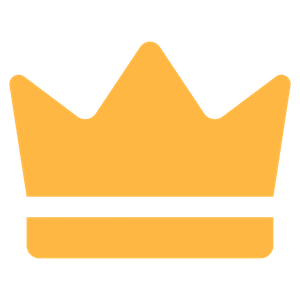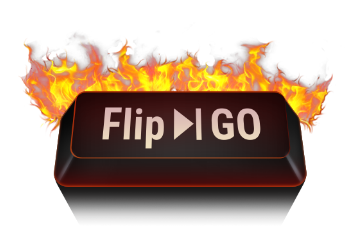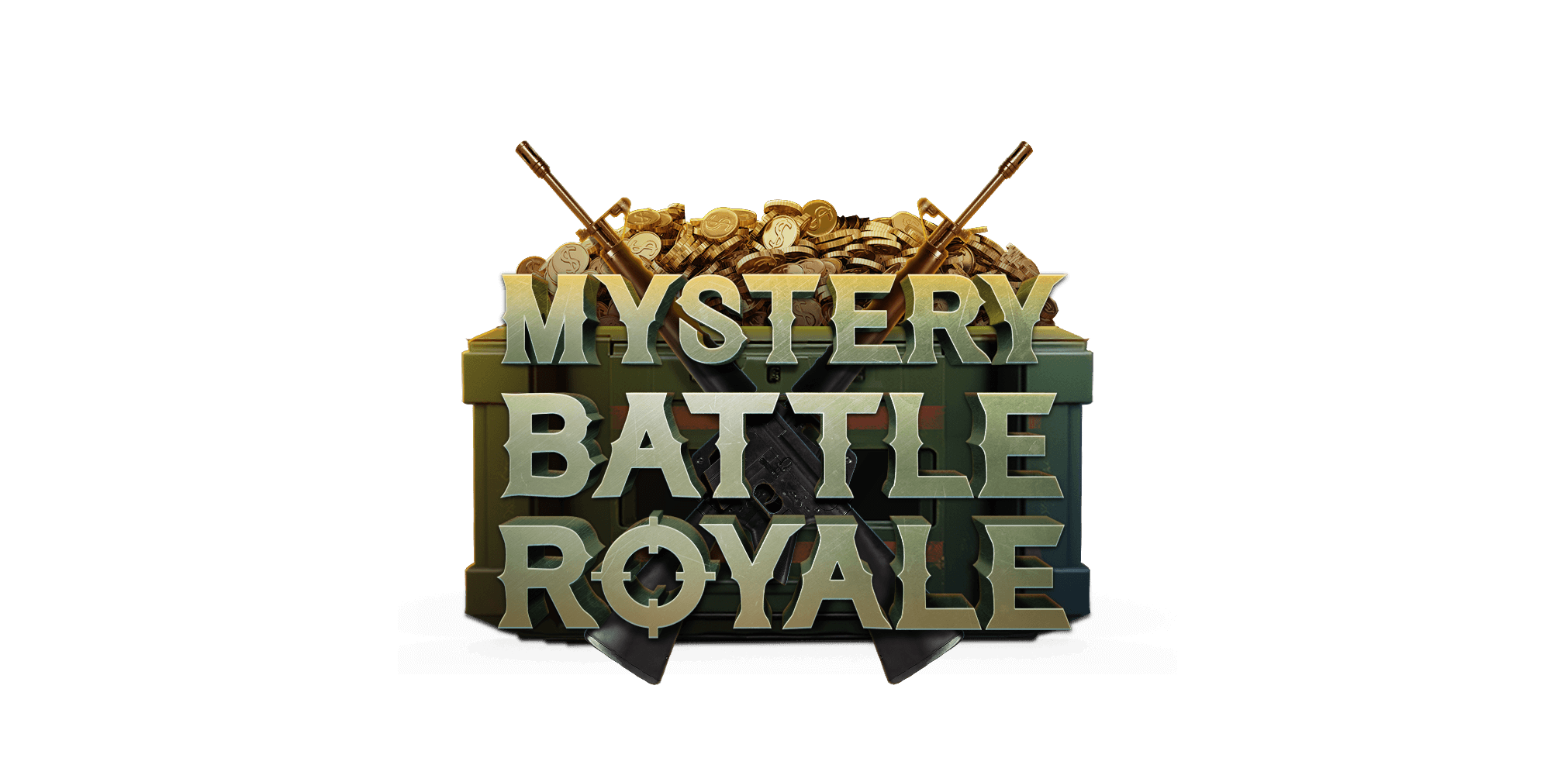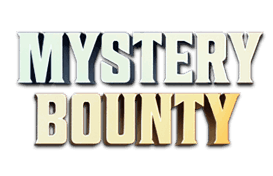
Unless you’re a complete newcomer to the game, you’ve probably at least heard of blockers in poker. The concept of blocking is absolutely vital if you’re to pull off the right bluffs at the right time. But the opposite is just as important, so let’s talk about what poker blockers are and how to oppose them with the so-called unblocking.
Introduction To Poker Blockers
Let’s start with the basics. If you’re going to get your head around the idea of unblocking, we first need to make sure that you understand blocking.
Either tabletop or online poker is a game of incomplete information since your opponents do not reveal their hands during play. But if you are holding a card, it’s impossible for your opponent to also have it. Thus, you are said to be blocking them from holding that card.
Why Does Blocking Matter?
Blockers are important for either an amateur or a professional poker player for several reasons. They’re particularly useful for choosing the right time to bluff, for instance. If you have a busted flush, you know that it’s far less likely than normal for your opponent to have also missed a flush draw. After all, two of the 11 remaining cards you need them to have are already in your own hand.
Blocking should also be considered when trying to bet for value. If you have the nuts, you know that your opponent is less likely to have a strong hand too. Thus you must factor this into your bet sizing.
Different Types Of Poker Blockers
In recent years, there has been quite a revolution in using blockers in poker. In the beginning, they were only applied for strong hands in certain spots, but nowadays, they are also commonly used for small buffs in various parts of the game tree. Nevertheless, the most effective blockers are still most often used for the occasional big bluffs.
Here are some of the types of poker blockers:
Nut Blockers
These are blockers used in the case of the highest hand strength in a particular situation - the so-called nutty hands. It can be a nut flush, a boat, or a straight.
At first, players typically used only the most obvious blockers, like the nut flush blocker or some straight ones. Sometimes, pair blockers on pair boards were used to block boats. It was a common practice to use them for a very aggressive bluff raise in a big pot in order to fold out a stronger hand from the opponent.
Value Blockers
These are blockers to more marginal but still strong made hands, such as sets and two pairs.
With the game developing, even an experienced professional poker player made a really bad move with a top pair as they understood it was quite a bit more difficult for an opponent to hold a strong hand such as a top set or a top two pair. They began to apply more aggressive strategies with top pairs and gutters, read more boards, etc.
Draw & Future Blockers
Future and draw blockers are used in the case of marginal value hands.
When solvers were used in the game, such blockers became more popular, so many players not only wanted to block top pair anymore but also intended to block out a good draw. Prior to that, people used the nut blocker when the flush appeared, but now they tend to use the nut blocker (or even second or third nut flush blocker) to choose a check-raise or continuation bet so as to use it on later streets.

Reverse Blockers
Reverse blockers can help you to unblock a fold on current and/or later streets.
As the game progressed even further, players discovered hands that don't appear to block much, but in fact, they work as excellent betting candidates as they allow us to have some reverse blockers to the opponent's range, and it is possible to unblock a fold on the current and later street.
So, What Is Unblocking?
By definition, the opposite of blocking must be unblocking. And if holding blockers decreases the likelihood of your opponents having certain combinations, unblockers are cards that do not. In other words, they are cards that make it more likely that your opponent could have a certain hand.
Still confused? Let’s say you’re holding 5-5 on a board of 4-6-K-7-3. You’ll spot straight away that your pocket fives are blockers to the straight draw. With just two left in the deck, it’s much less likely that your opponent has such a hand.
However, there’s a missed flush draw out there too and you’re not holding any diamonds. So your hand is also unblocking a busted flush. Which is exactly the type of hand you want your opponent to have here.
Bluff Catching
Unblocking is an especially useful concept when you attempt a bluff catch. If you’re considering a call with a bluff-catching type of hand, you’ll also need to think about its possible blocking effects. What do we mean by that? Well, there are two key points here.
Does your own hand block theirs? That is, does it decrease the chances of them having a hand on which they can bet for value?
Does it unblock their bluffing hands? That is, does your hand contain any cards that you really want them to have, such as those found in missed draws?
Example
Think about the following hand. You’re in the Big Blind and the Small Blind raises pre-flop. You call and it’s just the two of you on a board of T-8-3. You’re holding an 8 for the middle pair.
The Small Blind bets out, which you call. The turn is the 2. They bet again and you call, before the river pairs the board with the 2. From a bluff-catching perspective, would you rather be holding J-8 or 8-6?
8-6 is actually the better hand here to make the call, thanks to unblocking. If your opponent can beat a pair of eights, it seems likely that the kicker will be largely irrelevant anyway. But if you held the Js, you’d be blocking them from having all kinds of bluffing hands.
On that flop, a hand such as Q-J has two overcards and a gutshot. J-9 is open-ended, while J-7 also has a gutshot and an overcard. Hands like A-J and K-J are also likely to fire a continuation bet. You’d far rather have the 6 in your hand to unblock those bluffing hands.
Unblocking and Bluffing
Unblocking is also useful when choosing when to make a bluff of your own. This time, the perfect hand blocks your opponent’s calling range, as well as unblocking their folding range.
For instance, take a flop with a potential flush draw, such as 7-6-2. It’s another blind-on-blind battle, where you have raised preflop and found a single caller. You then fired a c-bet and were also called. The turn was the T and you both checked. The river was 3.
If you’re going to bluff here, which of the two hands is better? J-9 or J-9?
Thinking about the effects of unblocking, the answer has to be J-9. Imagine how many possible flush draws your opponent might have stuck around with on that flop. But if you hold two crucial cards that need to be in his bluffing range, the chances of him having an actual hand increase slightly. Which is bad news for a bluff.
Unblocking And Value Betting
Finally, unblockers should also play a role in shaping your value betting choices. Let’s say you have a pocket pair preflop and raise, getting one caller. The board comes 8-Q-6-3-2 and you’ve flopped a set, before betting both the flop and turn, finding a call both times.
Would you rather be holding Q-Q or 8-8 here?
Even though eights are obviously significantly weaker than Queens, it’s the former that you want in your hand for value bets. On that board, you would like your opponent to be holding a Q as it’s the type of hand that’s going to call you all the way down.
For example, Q-T isn’t likely to be 3-betting into you at any point, but it could probably call on every single street. There are lots of similar hands too, like K-Q and Q-J. Possibly even some weaker-suited hands like Q-9 and Q-7.
Blocking and Unblocking: Conclusions
The effects of unblockers increase the more you progress through the hand. By the time you reach the river, you really should be considering unblocking effects just as much as blockers, when choosing whether to value bet, bluff, or hero call.
Things like blocking and unblocking often seem easy to understand, but it takes a long time to truly master them. So, why not sign up for a free account with Natural8 and start practising now? It can be your first step on the route to becoming a professional poker player in the future!

.webp)










